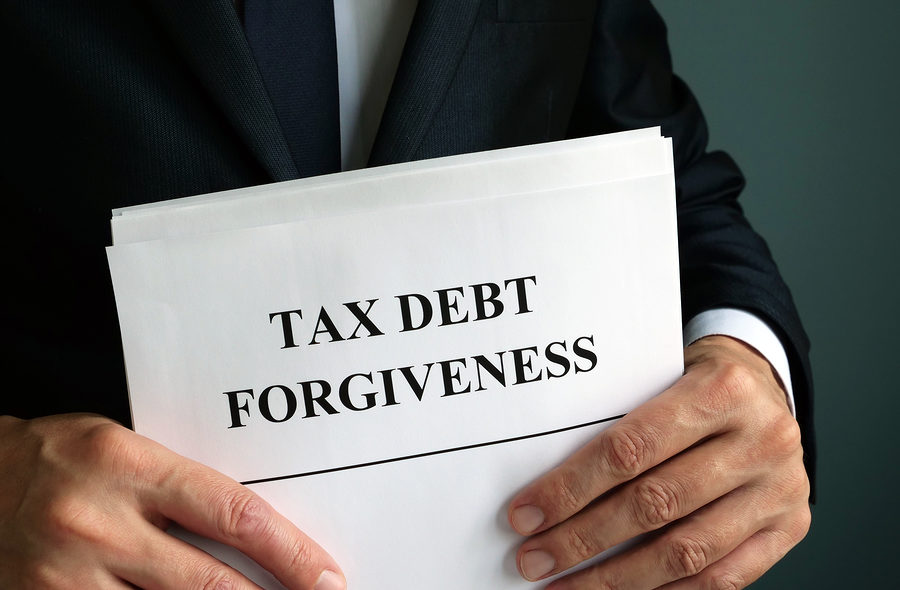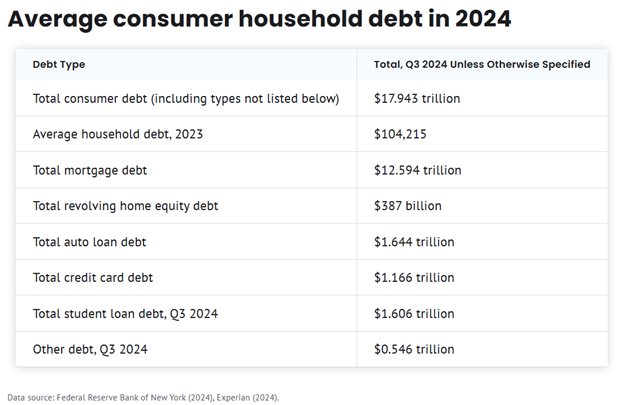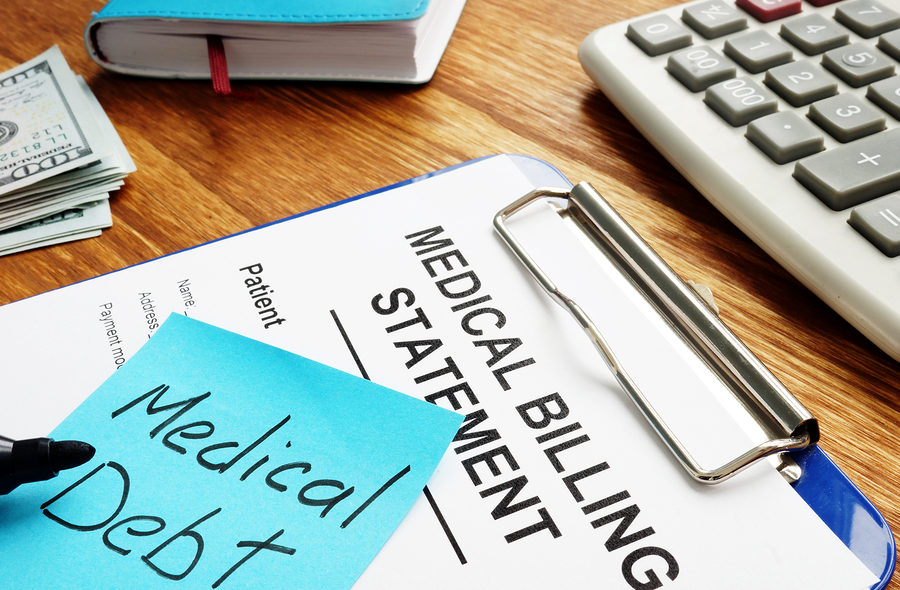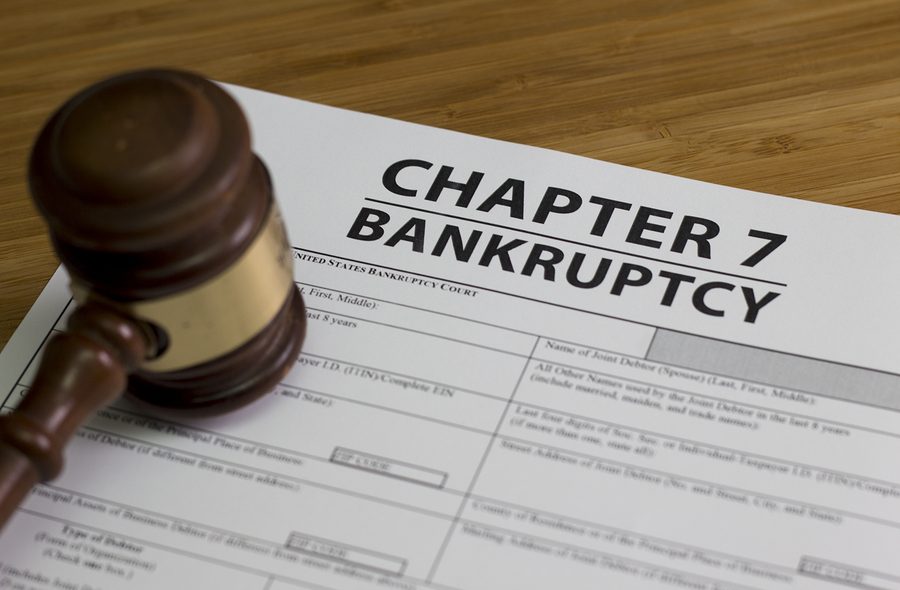If you have fallen behind on credit card payments, you know first-hand the lengths creditors will go to collect on what you owe. One of these methods goes beyond incessant phone calls, letters, and text messages, it’s called wage garnishment. This is when a creditor is given legal permission to collect what is owed by deducting a portion of money from your paycheck before it reaches your bank account.
This can cause big issues with your finances, especially if it comes without warning. So, can debt collectors take your money without telling you, first?
The simple answer is no. The law dictates specific steps a creditor must take to be able to garnish a person’s wages to satisfy a debt. Without these protections, a creditor could simply take money out of the person’s bank account.
The wage garnishment process starts with the creditor or third-party debt collector filing a lawsuit to formally collect the debt. If this lawsuit is successful, the creditor or collector will receive a judgment against the creditor. This legal judgment gives the creditor the authority to then ask the court to issue a wage garnishment order, allowing them to satisfy the debt by garnishing the consumer’s wages. Once signed, this order is sent to the consumer’s employer to start the garnishment.
The good news is certain steps can be taken to stop a wage garnishment.
Filing for bankruptcy in Florida puts an automatic stay on wage garnishment, which immediately stops Florida wage garnishment. The automatic stay lasts for as long as the bankruptcy. With the automatic stay in place, you will be able to take home your entire paycheck.
One important thing to keep in mind is creditors can only garnish a certain percentage of the consumer’s paycheck. Federal law dictates that the amount garnished from a person’s wages cannot be more than 25 percent (25%) of his or her disposable income or the amount taken that by which the person’s take-home pay exceeds 30 times the federal minimum wage, whichever of these two figures is less.
One exception does exist when it comes to wage garnishments. Federal law dictates that the consumer’s wages, as well as his or her social security benefits, can be garnished to pay student loan debt and back taxes owed. The U.S. Department of Education and IRS are given authority under federal law to garnish the consumer’s wages without a court judgment or even filing the lawsuit. No official garnishment order is needed for either entity to garnish a person’s wages.
A person can take certain steps to stop a wage garnishment before it even starts. One thing a consumer can do is to work directly with the creditor to negotiate a payment plan to pay down the debt in lieu of a wage garnishment. Many times, creditors prefer this be done before the collection action is even initiated, saving them the legal fees associated with starting a legal proceeding. Payment plans also allow the consumer to set a reasonable amount for a monthly payment, one that will fit with his or her budget. Negotiating a payment plan once the garnishment order has been issued can be a little harder, so it is recommended this action be taken before that order is issued.











